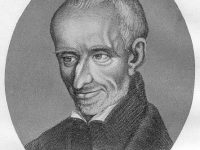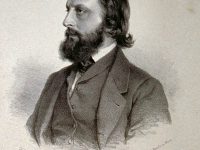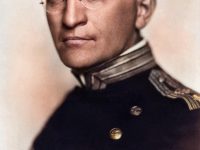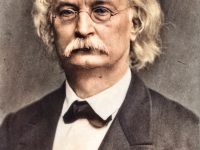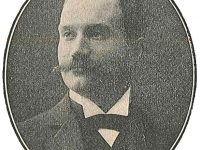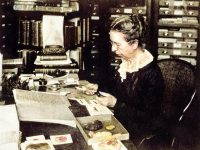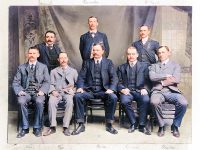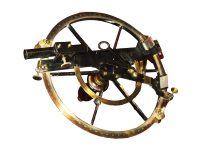Denis Pétau and the Science of Chronology
On August 21, 1583, French Jesuit scholar Denis Pétau was born. Pétau, also known as Dionysius Petavius, was one of the most brilliant scholars in a learned age. Carrying on and improving the chronological labors of Joseph Justus Scaliger,[2] he published in 1627 an Opus de doctrina temporum. Denis Pétau – Early Years Denis Pétau was born at Orléans, where he had his initial education. He attended the University of Paris, where…
Read more

